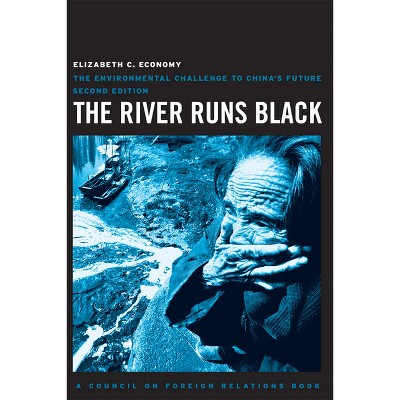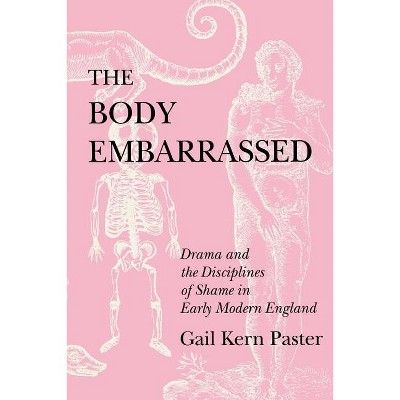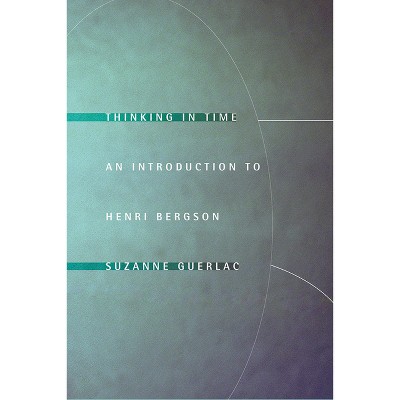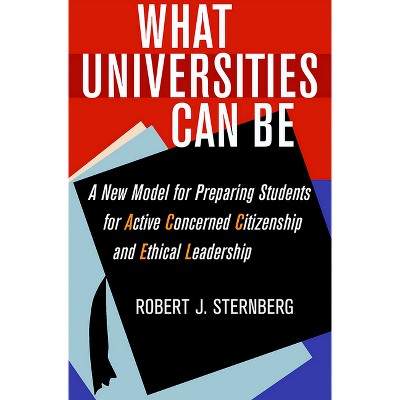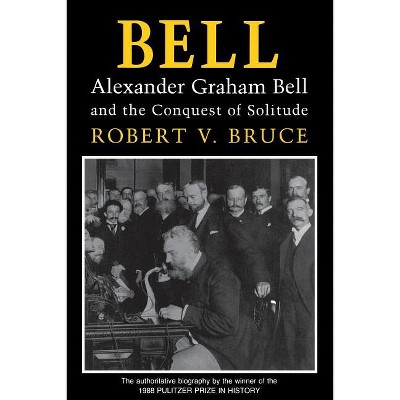Sponsored

Dry Bones and Indian Sermons - by Kristina Bross (Paperback)
In Stock
Sponsored
About this item
Highlights
- Native converts to Christianity, dubbed "praying Indians" by seventeenth-century English missionaries, have long been imagined as benign cultural intermediaries between English settlers and "savages.
- About the Author: Kristina Bross is Associate Professor of English at Purdue University.
- 272 Pages
- Literary Criticism, American
Description
About the Book
Native converts to Christianity, dubbed "praying Indians" by seventeenth-century English missionaries, have long been imagined as benign cultural intermediaries between English settlers and "savages." More recently, praying Indians have been dismissed...
Book Synopsis
Native converts to Christianity, dubbed "praying Indians" by seventeenth-century English missionaries, have long been imagined as benign cultural intermediaries between English settlers and "savages." More recently, praying Indians have been dismissed as virtual inventions of the colonists: "good" Indians used to justify mistreatment of "bad" ones. In a new consideration of this religious encounter, Kristina Bross argues that colonists used depictions of praying Indians to create a vitally important role for themselves as messengers on an evangelical "errand into the wilderness" that promised divine significance not only for the colonists who had embarked on the errand, but also for their metropolitan sponsors in London.In Dry Bones and Indian Sermons, Bross traces the response to events such as the English civil wars and Restoration, New England's Antinomian Controversy, and "King Philip's" war. Whatever the figure's significance to English settlers, praying Indians such as Waban and Samuel Ponampam used their Christian identity to push for status and meaning in the colonial order. Through her focused attention to early evangelical literature and to that literature's historical and cultural contexts, Bross demonstrates how the people who inhabited, manipulated, and consumed the praying Indian identity found ways to use it for their own, disparate purposes.
Review Quotes
In this important and provocative book, Kristina Bross argues that seventeenth-century accounts of British missionary work among the Indians in colonial New England constitute a 'Transatlantic debate' (p. 101), in which English writers on both sides of the Atlantic Ocean used the of the Indian proselyte to construct their own spiritual and national identities.... Bross's precise and sophisticated attention to the discursive dimensions of this literature distinguishes her work from that of other scholars who have recently turned to Puritan missionary writing to reconstruct the life of indigenous peoples in colonial New England.... Her subtly nuanced close readings effectively demonstrate the literary sophistication and historical significance of these works, and her analysis of subjectivity within a 'Triangular' structure among Indians, colonists, and English Puritans is an important contribution to postcolonial studies of early America.
--Michael P. Clark, University of California, Irvine "The Journal of American History"About the Author
Kristina Bross is Associate Professor of English at Purdue University.
Shipping details
Return details
Trending Poetry








